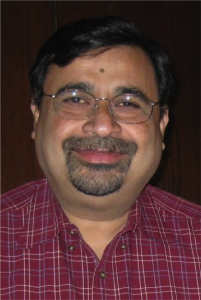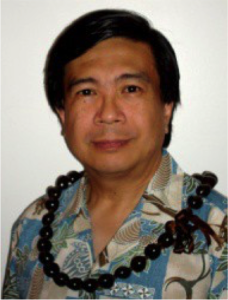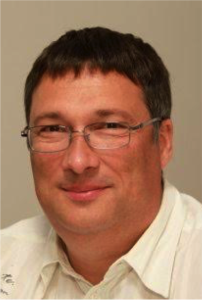Global Change Symposium Keynote Speakers
The NCSU Global Change Symposium kicked off with a panel of esteemed keynote speakers who set the stage for discussions by addressing future global change-related research directions, federal government/university cooperative efforts, and thoughts/guidance on successfully developing interdisciplinary research collaborations and proposals.
Meet the Panel

Virginia Burkett, Chief Scientist for Climate and Land Use Change, USGS
Dr. Burkett was formerly Chief of the Forest Ecology Branch at the USGS National Wetlands Research Center in Lafayette, Louisiana. Burkett has also served as Secretary/Director of the Louisiana Department of Wildlife and Fisheries, Acting Director of the Louisiana Coastal Zone Management Program, and Assistant Director of the Louisiana Geological Survey. She has published extensively on the topics of global change and low-lying coastal zones. She has served as a Lead Author of the United Nation’s Intergovernmental Panel on Climate Change (IPCC) Third, Fourth and Fifth Assessment Reports (2001, 2007, 2014) and the IPCC Technical Paper on Water (2008). She was a lead author of the First, Second, and Third National Climate Assessments (2001, 2009, 2014) produced by the United States Global Change Research Program. She has co-authored reports for The Wildlife Society (2004), the United Nations Convention on Biodiversity (2005), the Everglades Task Force (2007), the U.S. Department of Transportation (2008) and the National Oceanic and Atmospheric Adminstration (2012) that address climate change impacts and potential adaptation strategies. Burkett has been appointed to over 60 Commissions, Committees, Science Panels and Boards during her career. She serves on the Editorial Board of the journal Ethics in Science and Environmental Policy and is a Senior Editor of the journal Regional Environmental Change. Burkett received her doctoral degree in forestry from Stephen F. Austin State University in Nacogdoches, Texas in 1996.

Pradip Pramanik, Director, Proposal Development Unit, NCSU Office of Research, Innovation and Economic Development
Mr. Pramanik has 28 years of combined experience in Strategic Planning / Proposal and Budget Development/ Partnership Building/ Project Management/ Evaluation and Assessment/ Collaborative Visioning/ Training/ Negotiation/ Staffing and Supervision. He was formerly Assistant Director of the Center for Housing and Urban Development at Texas A&M University. He is active on several university research management committees, including Research Operations Council, Research Support Council, and International Operations Council, Office of International Affairs, and the National Organization of Research Development Professionals. Pramanik received his Masters Degree in Regional and Community Planning at Kansas State University in 1992.

Luis Tupas, Deputy Director for Bioenergy, Climate, and Environment, USDA National Institute for Food and Agriculture
Dr. Tupas provides leadership for addressing global change and climate issues, bioenergy and bioproducts research and development, and environmental and natural resource systems management through research, education and extension programs. Louie started his professional career as an oceanographer at the University of Hawaii at Manoa in 1991. He began his federal career in 2002 as a Program Director in Arctic Sciences at the US National Science Foundation. In 2004, he joined the USDA Cooperative State, Research, Education, and Extension Service (CSREES) as the first National Program Leader for Global and Climate Change. With the creation of the NIFA from the 2008 Farm Bill, Dr. Tupas was selected as the first Division Director for Global and Climate Change. In 2012 he became concurrently the Acting Division Director for Sustainable Bioenergy and Bioproducts Development. He was appointed to the Senior Executive Service in 2014 in his current position. Dr. Tupas received his Ph.D. in Oceanography from the University of Tokyo.

Olivier Le Gall, Deputy Director General of the French National Institute of Agricultural Research (INRA), In Charge of Scientific Affairs
Dr. Le Gall is an agronomical engineer, specialized in research in plant pathology. He is a researcher at INRA since 1986. Until 2006, he was a researcher in plant virology and studied the molecular bases of the interaction between a virus and its host plant, so as to fine-tune plant resistance. From 2006 to 2012, Le Gall headed the INRA division” Plant Health and the Environment” and his efforts were focused on developing ecology in crop protection. In 2010, he initiated an INRA meta-program on sustainable management of crop health, aiming to develop and connect all relevant disciplines in the field of crop protection sciences, including human sciences.
